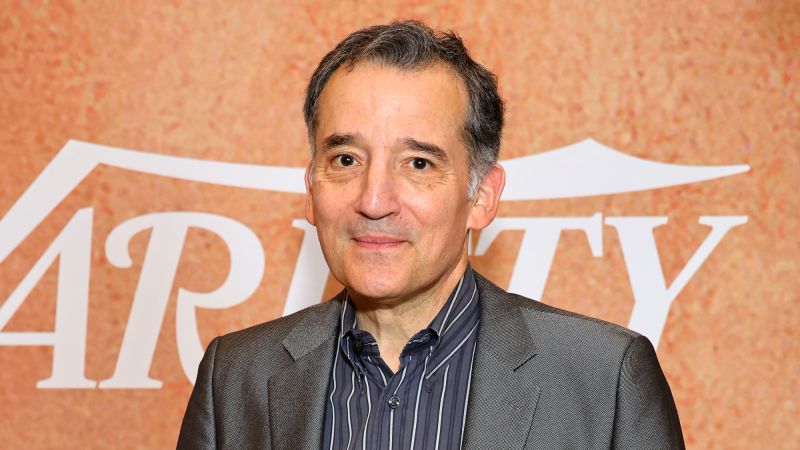Rabbi David Wolpe, a visiting scholar at Harvard’s Divinity School, announced his resignation on Thursday from the university’s Antisemitism Advisory Group.
Wolpe, who had been instated earlier this year as the Anti-Defamation League’s first rabbinic fellow, wrote in a statement on X, formerly known as Twitter, that “the ideology that grips far too many of (Harvard’s) students and faculty, the ideology that works only along axes of oppression and places Jews as oppressors and therefore intrinsically evil, is itself evil.”
Harvard is one of several US academic institutions to come under fire in recent months over perceived inaction to alleged antisemitism on campuses following the terror attacks by Hamas on October 7 and Israel’s subsequent strikes on Gaza. Harvard is also among 14 colleges under investigation by the Department of Education “for discrimination involving shared ancestry” since the October attacks.
On Tuesday, Harvard President Claudine Gay, alongside the presidents of the University of Pennsylvanian and Massachusetts Institute of Technology, testified before Congress about disciplinary actions taken in the face of antisemitism and faculty hiring practices.
None of the school leaders explicitly said that calling for the genocide of Jews would necessarily violate their code of conduct, saying it would depend on the circumstances and conduct.
While Tuesday’s testimony drew calls from alumni calling for the presidents to resign, Gay clarified her stance the next day in a statement on X: “There are some who have confused a right to free expression with the idea that Harvard will condone calls for violence against Jewish students. Let me be clear: Calls for violence or genocide against the Jewish community, or any religious or ethnic group are vile, they have no place at Harvard, and those who threaten our Jewish students will be held to account.”
In his statement on X, Wolpe said that “both events on campus and the painfully inadequate testimony reinforced the idea that I cannot make the sort of difference I had hoped,” but added that he believes Gay is “both a kind and thoughtful person.”
“I am grateful for Rabbi Wolpe’s advice, perspective and friendship over the course of the last several weeks,” Gay told CNN in a statement. “With thoughtfulness and candor, he has deepened my and our community’s understanding of the unacceptable presence of antisemitism here at Harvard. We have more work to do and his contributions will help shape our path forward. Antisemitism has no place in the Harvard community, and I am committed to ensuring no member of our Jewish community faces this hate in any form.”
Harvard’s embattled president has faced a flurry of criticism over the past two months.
On October 7, a coalition of student groups released a statement placing the blame for Hamas’ attacks of Israel’s government. The letter drew sweeping condemnation from business leaders and alumni, who called for the students whose groups signed the statement to be blacklisted. A spokesperson for the coalition later wrote in a statement that the group “staunchly opposes violence against civilians — Palestinian, Israeli, or other.”
Three days after the coalition posted its letter, Gay released a statement condemning the “terrorist atrocities perpetrated by Hamas” and affirming that “no student group — not even 30 student groups — speaks for Harvard University or its leadership.”
However, she faced backlash from hundreds of donors and alumni who threatened to withdraw their support over alleged antisemitic hate speech and incidents on campus if Harvard didn’t take concrete steps to address the situation.
In a speech at Harvard’s Jewish student organization in late October, Gay announced that she had assembled an advisory group of “faculty, staff, alumni, and religious leaders from the Jewish community” who “will help us to think expansively and concretely about all the ways that antisemitism shows up on our campus and in our campus culture.”
Wolpe was one of the eight “trusted voices” chosen “to develop a robust strategy for confronting antisemitism on campus,” Gay said in a statement published in early November.
It is unclear whether Wolpe will remain at Harvard to serve its student community in other capacities.
Read the full article here




